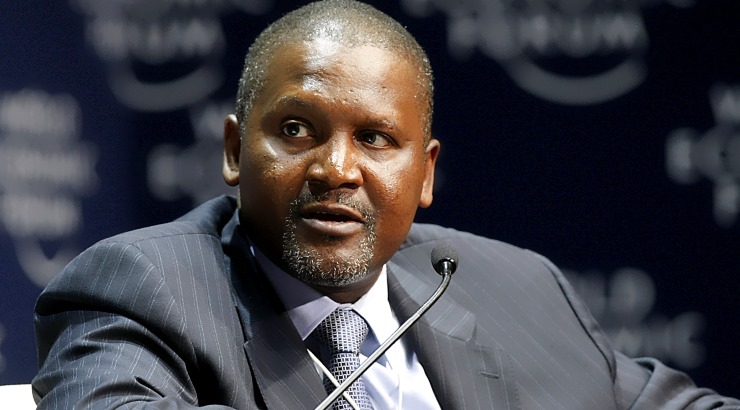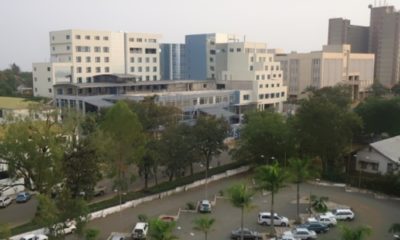Industry News
Dangote’s Kenya entry heralds cement market disruption
Dangote Kenya is expected to begin construction of the factory in the next few months.

The entry of Dangote Cement into the Kenyan cement industry is expected to heighten competition in a market that is already feeling the heat from cheap imports.
Nigerian businessman and Africa’s richest man, Aliko Dangote, last month said the firm was planning to build a Sh35 billion two-million-tonne-a-year cement plant in Kenya as the group seeks to become the main player in the local cement market.
“We have realised that if we really want to do something big in east Africa, we must operate in Kenya. We believe that in the next two and half years, we will be the dominant player in cement in Kenya,” Dangote said.
Dangote Kenya Ltd., a subsidiary of the Dangote Group, is expected to begin construction of the factory, to be located in Mombasa County, within the next few months.
READ: Dangote fuels price war fear in Kenya
Dangote’s announcement sent shock waves throughout the Kenyan cement industry, which is already facing dwindling margins partly due to the influx of cheaper cement from Pakistan, India, Egypt and China.
“Dangote will certainly complicates issues, especially because Kenya’s production capacity is already running ahead of consumption. Excess supply means firms are incurring cost on investments in factories that are utilising 75 per cent capacity for most part of the year,” said Benson Musyoka, a Nairobi-based market analyst.
“The industry profitability is likely to fall, with average net profits of below 8 per cent, due to heightened competition and falling prices,” he said.
Listed cement manufacturers ARM Cement, East African Portland Cement and Bamburi have recently recorded marginal growth in profitability despite construction boom.
Kenya’s production has been running ahead of consumption for over a decade with the excess supply being sold to neighbouring countries. However, this market is unlikely to remain viable in the medium-term due to the entry of new cement makers and extensive expansion by existing players.
Dangote Cement is, for example, building a cement factory in Mtware, Tanzania, which is expected to produce 1.5 million tonnes of cement annually by the second quarter of 2015.
On the other hand, ARM Cement and Bamburi have already expanded their capacities in Tanzania and Uganda respectively.
Old Mutual projects that the region will experience an over-supply of cement by 2015, with the entry of new players and a further capacity enhancement by existing cement firms.
“This is expected to result in downward pricing pressures more likely to benefit consumers in the East African community, simultaneously raising concerns about the long-term profitability of the industry.”












